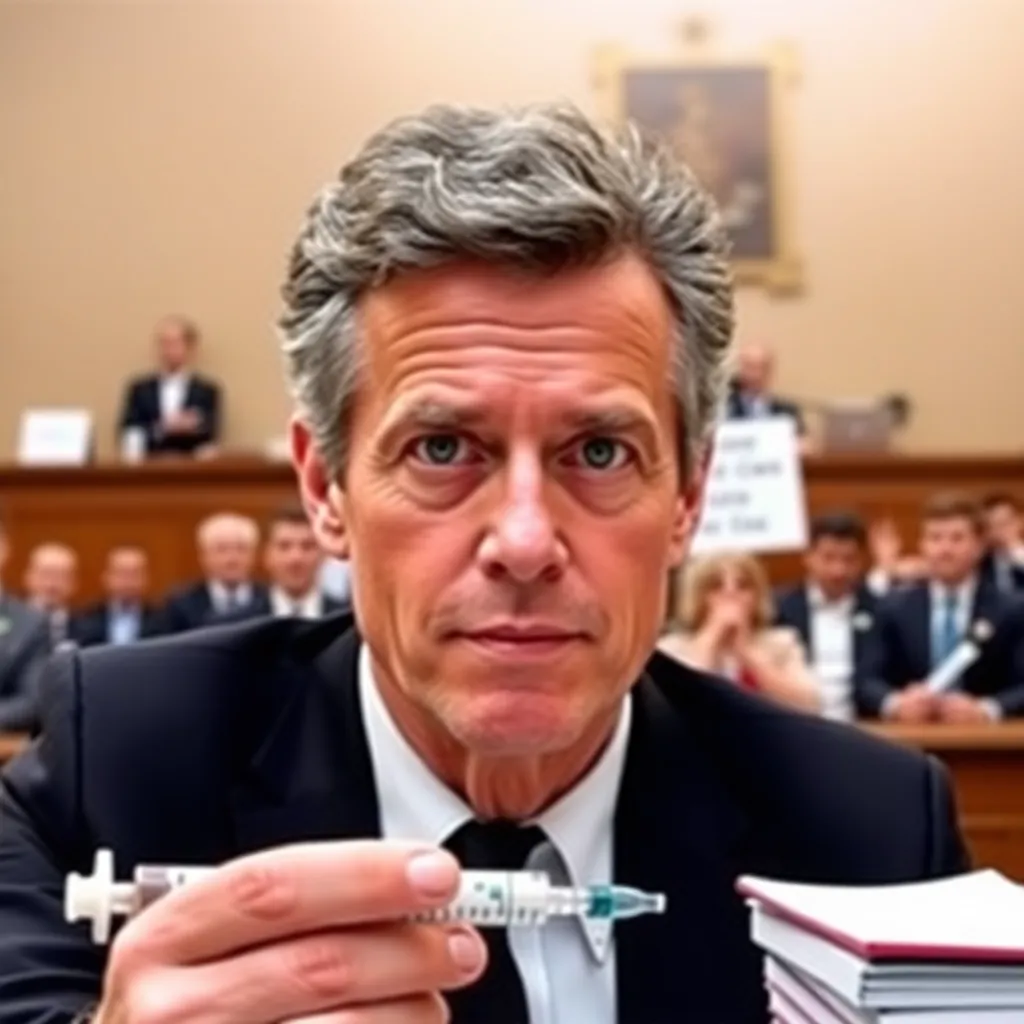
Robert F. Kennedy Jr.’s lawyer has filed a formal request with the Food and Drug Administration (FDA) to revoke the approval of the polio vaccine. The move, part of a broader legal challenge to the vaccine’s safety and efficacy, has sparked immediate controversy and reignited a long-standing debate surrounding vaccine safety.
The petition, filed by Robert F. Kennedy Jr.’s attorney, alleges that the FDA’s approval process was flawed and that the polio vaccine poses significant risks that outweigh its benefits. Specific claims detailed in the petition remain undisclosed pending public release, however, it’s expected to focus on alleged adverse events and questions surrounding the vaccine’s long-term effects.
This action comes at a time when polio, once thought eradicated in the United States, is experiencing a resurgence globally. Health experts widely consider the polio vaccine to be one of the most successful and safest medical interventions in history, credited with saving millions of lives and preventing widespread paralysis. The World Health Organization (WHO) and the Centers for Disease Control and Prevention (CDC) strongly endorse the vaccine, emphasizing its critical role in public health.
The FDA is yet to respond officially to the petition. However, given the overwhelming scientific consensus supporting the polio vaccine’s safety and effectiveness, a rejection is widely anticipated. Experts warn that such challenges to well-established vaccines can have dangerous consequences, potentially leading to vaccine hesitancy and increased susceptibility to preventable diseases.
This legal action is likely to further fuel the ongoing debate around vaccine mandates and the dissemination of misinformation about vaccine safety. Critics argue that such actions contribute to public confusion and undermine trust in established scientific and medical authorities. The long-term impact of this legal challenge remains to be seen, but it underscores the ongoing battle between scientific consensus and anti-vaccine activism.





